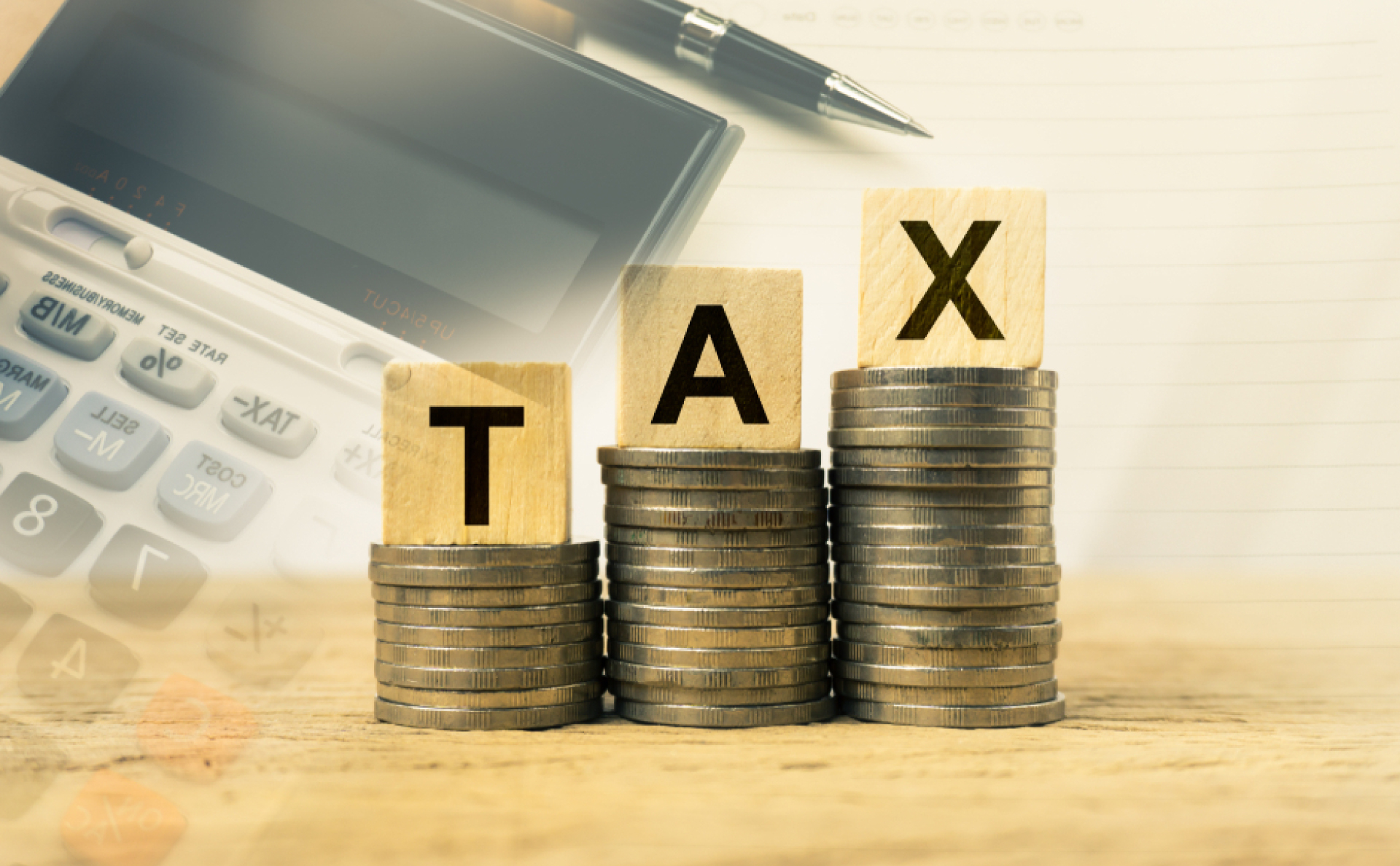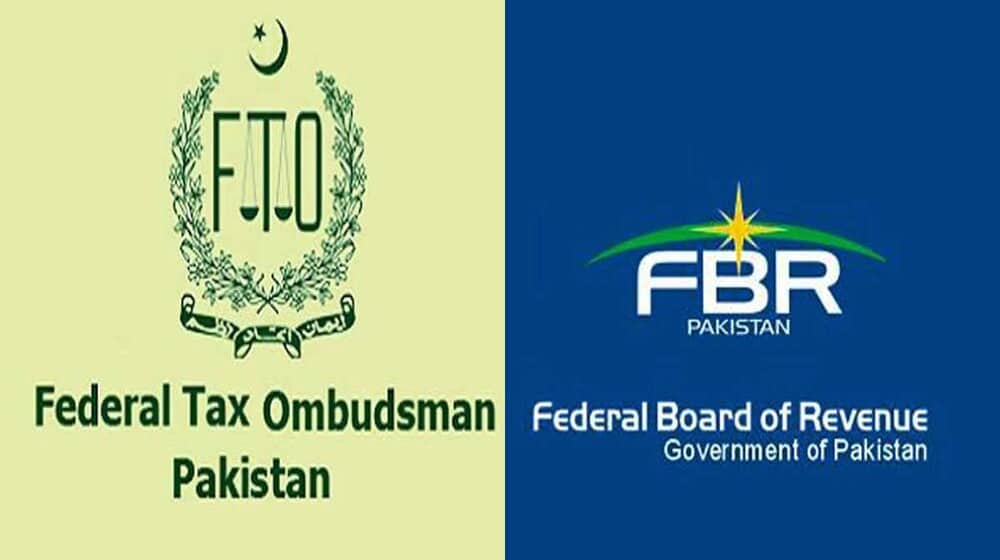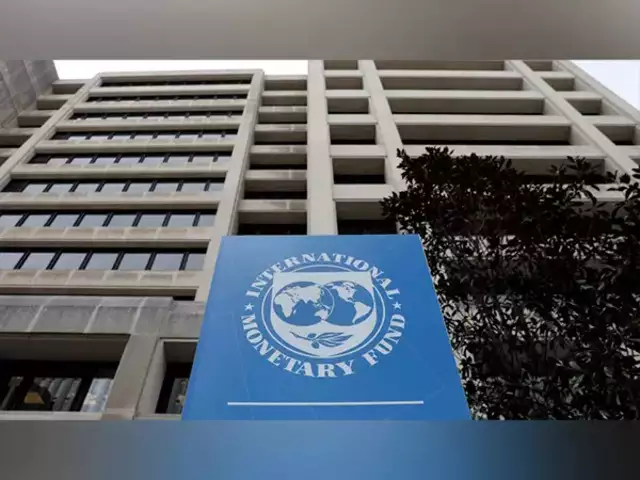PTBP Web Desk
The Tax Laws (Amendment) Bill 2024, presented in the National Assembly on Wednesday, facilitates the exchange of information between banks and the FBR. This collaboration aims to identify high-risk individuals by comparing income tax data with banking information. Banks will now receive data, such as turnover, taxable income, and bank account numbers, for individuals and entities flagged by the FBR’s algorithms.
In turn, banks are required to share details of individuals whose banking data differs significantly from the tax information provided. This measure aims to identify discrepancies and ensure compliance with tax laws.
The new legislation introduces the concept of “eligible” and “ineligible persons.” An eligible person is defined as someone who has filed a tax return for the previous tax year and possesses sufficient resources in their wealth or financial statements to justify economic transactions. Conversely, ineligible persons are those who fail to meet these criteria.
The FBR has imposed several restrictions on the economic activities of ineligible persons, including:
- Purchase of Motor Vehicles: Non-filers cannot book, purchase, or register motor vehicles, except for rickshaws, motorcycles, or tractors, and certain vehicles with an engine capacity of up to 800cc.
- Transfer of Immovable Property: Authorities responsible for property registration will not process applications for the transfer of immovable property exceeding a specified value, as determined by the FBR.
- Investment in Securities: Non-filers are barred from investing in securities, mutual funds, or other financial instruments beyond certain limits.
- Bank Account Restrictions: Banks are prohibited from opening or maintaining savings or current accounts for non-filers. Additionally, cash withdrawals exceeding a specified amount will not be permitted.
The Bill grants the Commissioner of Inland Revenue the authority to:
- Direct banks to freeze the accounts of individuals who fail to register for sales tax purposes.
- Instruct property registration authorities to block the transfer of properties belonging to non-compliant individuals.
- Seal business premises, seize movable property, or appoint receivers for managing taxable activities of non-filers.
These measures aim to enforce compliance and expand the tax net.
The new provisions underline the government’s commitment to curbing tax evasion and broadening the tax base. Businesses and individuals must ensure their tax filings are up-to-date to avoid penalties and restrictions.
While the restrictions aim to promote compliance, they also pose challenges for those currently outside the tax net. Awareness campaigns and streamlined processes will be crucial in facilitating the transition for non-filers.
The Tax Laws (Amendment) Bill 2024 signifies a significant step toward integrating financial and tax data for enhanced monitoring. By imposing stringent measures on non-filers, the government seeks to encourage broader participation in the formal economy. However, successful implementation will require robust mechanisms and clear communication to address concerns from stakeholders.




